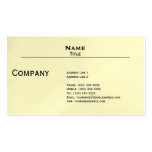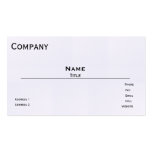Settlement Checks Usually Come From Plaintiff's Attorney
Prosecuting a lawsuit incurs administrative costs.
- Often the funds from the defendant are produced in check form as a condition of the execution of the settlement. The plaintiff's attorney will collect the check and hold the money in a trust account before paying a net sum to the plaintiff. The attorney will deduct from the proceeds of the check those administrative costs (e.g. copying costs; mailing costs; etc.) the attorney incurred prosecuting the lawsuit which have not already been charged to the plaintiff.
Attorney's Contingency Fee is Taken From the Settlement Check
Lawyers often take their fees out of the settlement.
- In the case of, for example, a personal injury lawsuit, where the attorney's fees are paid on a contingency basis, those fees will also be subtracted from the sum received from the defendant, prior to the remaining funds being distributed to the plaintiff. Additionally, any liens placed on the settlement funds (e.g. a Medicare lien) will be subtracted prior to distribution of the residuary to the plaintiff.
Settlement Options
- While a plaintiff in a settled suit can generally expect to receive the residuary of the settlement funds relatively quickly after settlement, parties to a lawsuit have latitude to structure a settlement in a way that is mutually agreeable to all parties. For example, the parties may agree that the plaintiff will receive a series of payments, rather than a single check. Or the parties may agree that the defendant tender a single check, but that it be tendered at some future date. Often, these future and structured payout schemes result in a larger overall payout to the plaintiff, but one worth less when discounted to present value. What is appropriate in any given case is a function of the circumstances unique to that case.
The Executive Suite
______________________








No comments:
Post a Comment